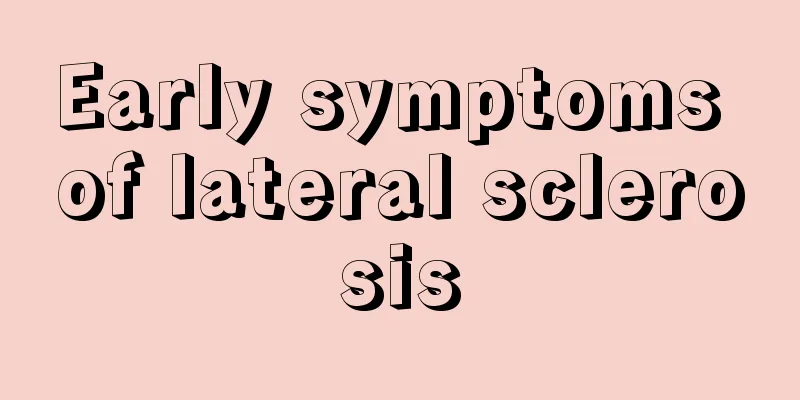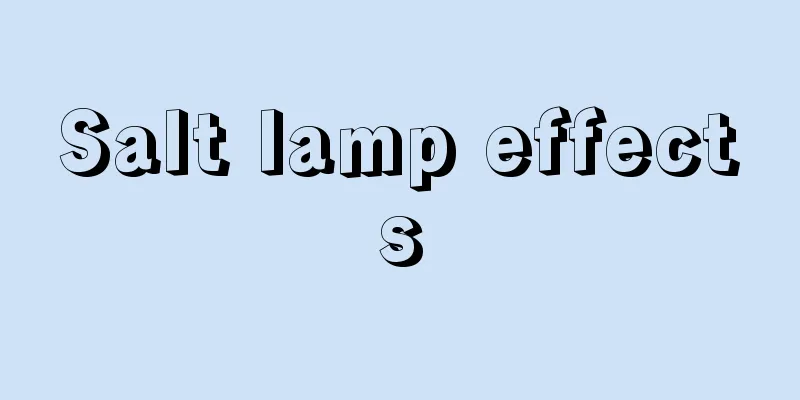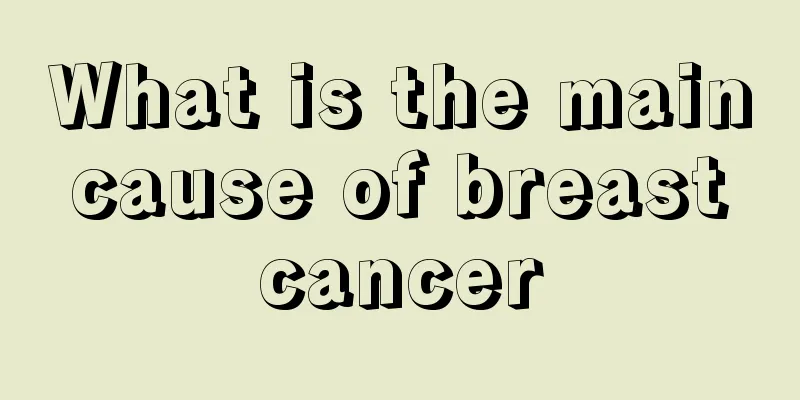What are the effects and functions of moxibustion of licorice

|
In fact, moxibustion of licorice has great medicinal value. It can help fight inflammation and allergy. It can also effectively regulate the body's immune ability. It is also relatively effective in anti-tumor and pain relief. It is actually widely used in life. 1. Modern research shows that roasted licorice contains glycyrrhizin, glycyrrhizic acid, licorice polysaccharides and other chemical components, which have anti-inflammatory and anti-allergic effects, can regulate the body's immune function, and have anti-tumor and analgesic effects. Therefore, the main effects of roasted licorice are to harmonize the stomach, relieve urgency, moisten the lungs, detoxify, and harmonize various medicines. It is often used for weak spleen and stomach, fatigue, palpitations, and irregular pulse, and can detoxify aconite. 2. The effect of mainly nourishing Yin. In the Qing Dynasty, Ke Qin's "Shanghan Lai Su Ji·Shanghan Fuyi" pointed out that "Shengdi is the main ingredient, Ophiopogon japonicus is the secondary ingredient, and roasted licorice is the auxiliary ingredient. Large doses can replenish true Yin, which is the way to nourish Yin in the study of traditional Chinese medicine." Tian Zonghan's "Yi Ji You Yin Lun" in the Qing Dynasty also believed that this prescription was "the ancestor of nourishing Yin." 3. Its main effect is to replenish blood. A group of doctors represented by Tang Rongchuan in the Qing Dynasty believed that Zhigancao Decoction is a "large dose of blood tonic." 4. The efficacy and function of replenishing both qi and blood is represented by "Annotations to Treatise on Febrile Diseases", which believes that the efficacy of Zhigancao Decoction is to replenish both qi and blood, "replenishing deficiency, replenishing qi and blood and restoring the pulse". 5. Harmonizing yin and yang. You Zaijing, a physician in the Qing Dynasty, pointed out in "Shang Han Guan Zhu Ji" that Zhi Gan Cao Tang is "a method to expand the recipe of Zhong, and to regulate yin and yang." This prescription is mainly used to treat yin-blood deficiency after typhoid fever or in the recovery period of serious illness, blood not nourishing the heart, weakness and lack of energy, palpitations, restlessness and insomnia, dry stool, slightly red tongue with little coating, and irregular pulse. Or there may be long-term cough due to pulmonary tuberculosis, spitting of saliva and thin sputum in large quantities, dry throat and thirst, or blood in the sputum, palpitations and shortness of breath, a warm feeling in the heart, insomnia and sweating, a weak and rapid pulse, or occasional intermittent pulse. |
<<: The ear itches, has water and smells bad, you need to know the reason
>>: What is the cause of throat cyst?
Recommend
What are the benefits of soaking your feet in vinegar?
Good health depends on good living and eating hab...
Is lymphoma contagious?
Is lymphoma contagious? Lymphoma, also known as &...
Why are my calves getting thicker and thicker
Whether the leg shape is beautiful is also very i...
How to roast chestnuts
The sugar-roasted chestnuts you buy will have a c...
What are the benefits of agate to the human body
Agate is a natural stone produced in nature. In t...
How to preserve dried longan
Longan is a kind of snack that we often take in o...
Should you "cover" or "dissipate" when you have a fever?
Sweating is just one way for the human body to co...
What kind of tea nourishes the stomach?
In the hot summer, due to the hot weather, people...
What are the vegetables with high iodine content
A normal person's body needs to absorb some e...
Why should twin boys and girls be raised separately?
If a pregnant mother can give birth to a pair of ...
What does psychological care for lung cancer include? What are the precautions for psychological care for lung cancer?
The treatment of lung cancer is a long process. D...
What does outing mean and when is the best time to go outing
Outing actually means outing in spring or looking...
I always feel like I can't open my eyes
When people find it difficult to open their eyes,...
How to clean a water dispenser
There is usually a water dispenser at home. Water...
Pay attention to these nasopharyngeal cancer care methods
Nasopharyngeal carcinoma clinically refers to can...









